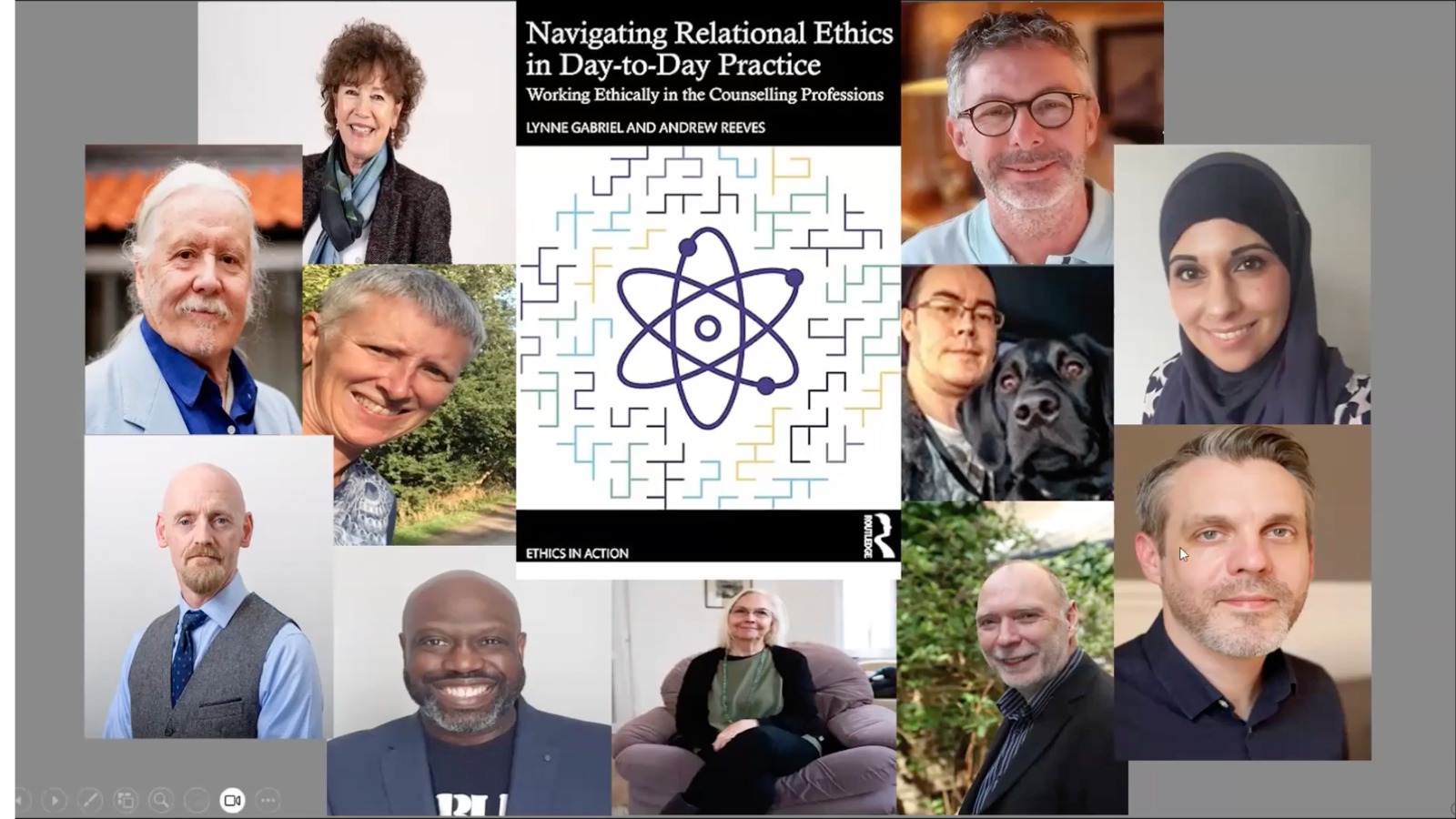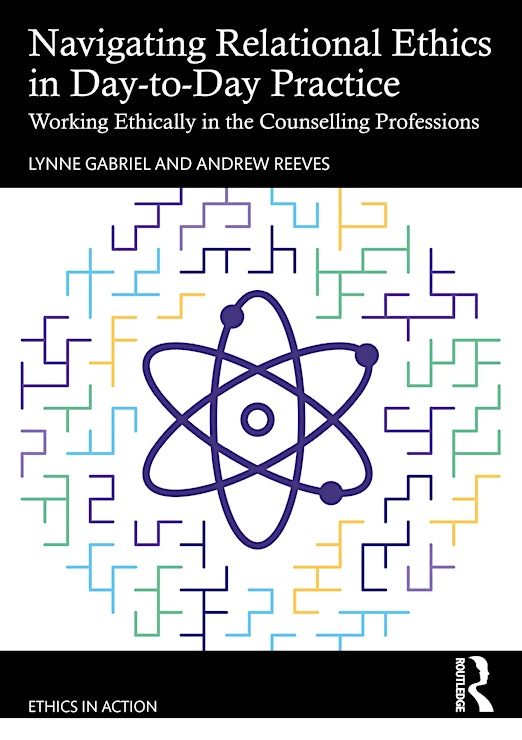
‘This excellent book breaks new ground in understanding and applying ethical thinking in counselling and psychotherapy and provides an essential companion for anyone engaging in therapeutic practice. Gabriel and Reeves have articulated, in an accessible and directly applicable manner, the underlying philosophical understandings and plurality of ways in which ethics functions in relation to others and in context. By acknowledging the needs of practitioners working within our contemporary and multi-cultural society and the imperative to undertake fluid decision-making, this book provides the reader with confidence to navigate the hierarchies of ethical working and the uncertainties this can present, using relational ethics to guide “thinking, doing, and being” in action. I wholeheartedly recommend it to anyone in the field, from trainee to seasoned practitioner and for those who seek to work with and understand our profession.’
Kate Smith, Professor, Head of Department of Counselling, Well-being, and Educational Psychology, University of Aberdeen, UK
‘As its name suggests, Navigating Ethics in Day-to Day Practice provides pragmatic practical guidance on everyday ethical issues encountered during the practice of counselling. At the same time, the authors provide a nuanced discussion of the historical, sociological and philosophical underpinnings of a contemporary relational approach to ethics. Of particular significance, this includes challenging dominant Western discourses through adopting a pluralistic, multifaceted lens to ethics. This makes the book an invaluable resource for both students and more experienced practitioners alike, especially in grappling with complex ethical considerations around cultural diversity, colonisation, and inequities of power. Here it succeeds in being a positively radical contribution to the field.’
Brian Rodgers, PhD, School of Counselling, Human Services & Social Work; Te Kura Tauwhiro Tangata; The University of Auckland; Waipapa Taumata Rau
Join us to celebrate the publication and launch of Navigating Relational Ethics in Day-to-Day Practice: Working Ethically in the Counselling Professions. Due out on the 20th September (with advance purchases available via Amazon books), it is the first in a new series from Routledge on ethics in the counselling professions. The book offers a ‘how to’ guide for bringing the theoretical concepts of ethics alive in our day to day being, relating, and working.
In Navigating Relational Ethics in Day-to-Day Practice Lynne Gabriel and Andrew Reeves provide a compelling explanatory narrative on the importance of translating ethical concepts into meaningful pragmatic practice and practitioner tools. They set out key theories, concepts, and contemporary challenges in practice ethics, offering multiple lenses through which to make meaning of complex practice or risk scenarios and settings. Importantly, the book considers contemporary concepts associated with social justice including working in anti-oppressive ways. The chapters feature an array of engaging material, including a round table dialogue on working ethically in day-to-day practice, a ‘tool-kit’ for working ethically across multiple contexts and presenting issues, and a rich collection of case examples from the authors’ lived experience. The book supports trainees and practitioners in taking ethical frameworks into their direct work with clients and in their wider role in practice.
Lynne and Andrew embedded a qualitative research study in the book-writing project, engaging in research conversations with ethicists, trainers, researchers and practitioners from the counselling professions. This resulted in Chapter 2, Contributions from lived experience counsellors, therapists, and ethicists, with authors including Lynne Gabriel, Andrew Reeves, Alistair Ross, Dwight Turner, Gillian Proctor, Hadyn Williams, John Wilson, Linda Finlay, Myira Khan, Peter Blundell, and Rich Knight. Our contributors richly portrayed just how challenging it is to navigate the practice ethics landscape.
Key themes that developed from our research conversations were:
- Training to develop reflexive ethical literacy
- Living and relating in complex micro and macro relational, social, cultural, and professional contexts
- Recognising and acknowledging personal, relational, and organisational responsibilities
- EDI and decolonization of ethics theories and practices
- Digital technologies, AI, and the counselling professions
- Politics in the profession and beyond
The launch event will include input from the authors and Chapter 2 contributors on the above themes and opportunities for discussion. Additionally, we will be joined by the series commissioning editor at Routledge, Grace McDonnell and we will be able to offer discounted sales of the book for a 3-week period following the launch event.
Course Content
Organisation
This learning is avaibale in the FREE Student Hub
Presenter
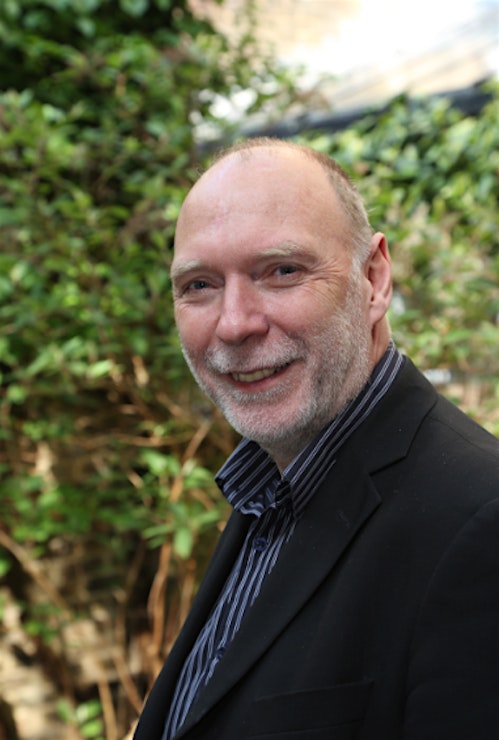
Alistair Ross is the Associate Professor – Psychotherapy at the University of Oxford. He is also Director of the Psychodynamic Studies programme and a Governing Body Fellow of Kellogg College. He was previously Chair of BACP’s Professional Ethics and Quality Standards Committee. He and Dee Danchev are authors of Research Ethics for Counsellors, Nurses and Social Workers (Sage 2014).
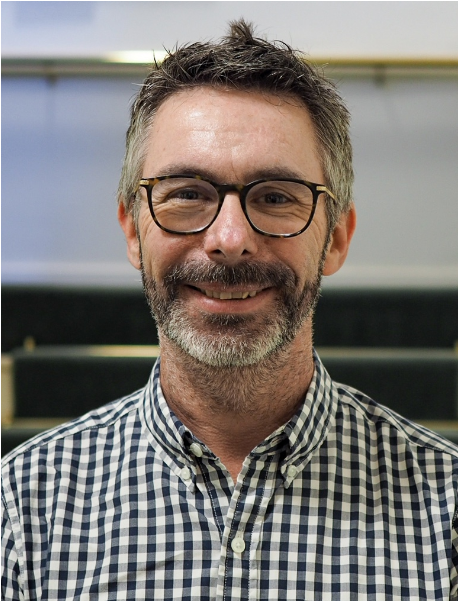
Professor Andrew Reeves, Associate Professor in the Counselling Professions and Mental Health, Senior Fellow, Higher Education Academy (Advance HE), Fellow, British Association for Counselling and Psychotherapy Personal and Professional Reflections on Covid-19 Loss and Grief
Dr. Andrew Reeves is a Professor in the Counselling Professions and Mental Health, a BACP Senior Accredited Counsellor/Psychotherapist and a Registered Social Worker.
His practice experience spans over 35 years, when he first trained as a Samaritans volunteer at 18, before moving into social and work therapy. His research focus in working with risk in therapy, having experienced the suicide of a client during his training. Since then, he was published extensively in this area. He is previous Editor-in-Chief of Counselling and Psychotherapy Research journal, past-Chair of BACP and is Chair of the York St John Advisory Board Counselling and Mental Health Research Clinic. He supervises mostly doctoral research in counselling, psychotherapy and psychological trauma.
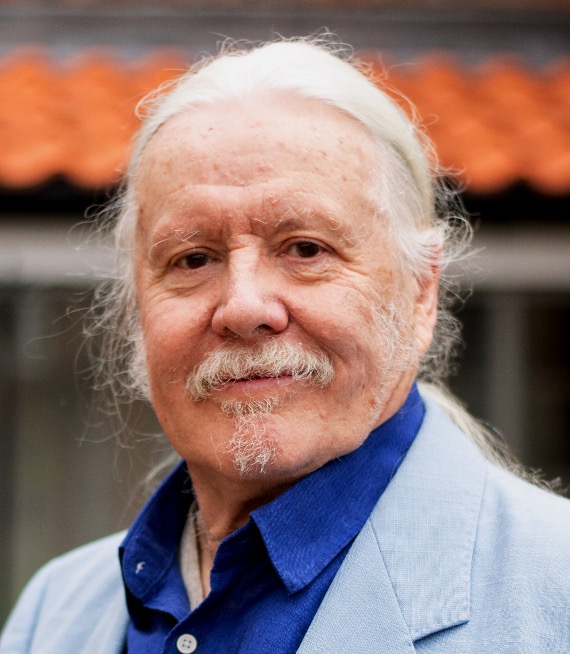
Dr. John Wilson PhD. John has specialised in bereavement and loss for 20 years, as a counsellor, supervisor and trainer. He is author of Supporting People through Loss and Grief: An Introduction for Counsellors and Other Caring Practitioners.
He completed his PhD in 2000 after six years of case study research with bereaved clients. John is a visiting research fellow at York St John University and Director of Bereavement Services at York St John University Counselling and Mental Health Clinic.
Since early March, John has taken a close interest in adapting the outcomes of his doctoral thesis to supporting clients bereaved of a loved one from Covid-19 and those bereaved from other causes during the lockdown.
With other counsellors he runs a closed support group on social media, for those bereaved during the Covid-19 pandemic.
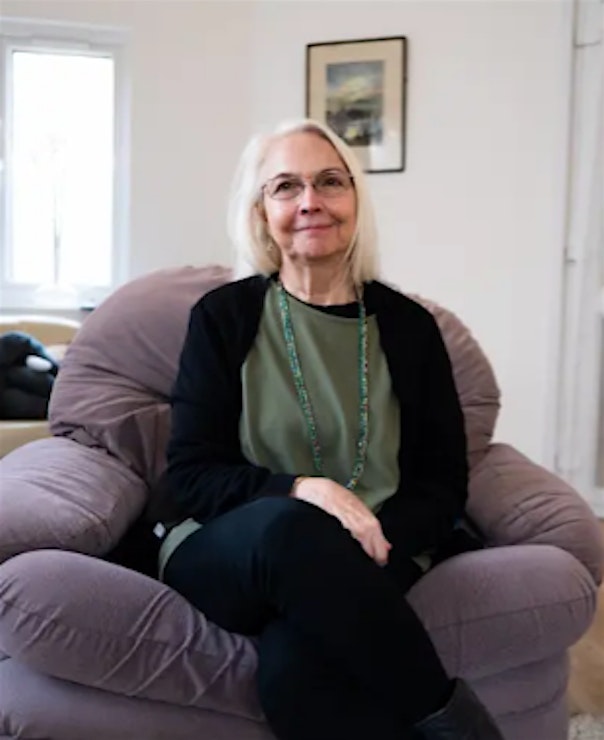
Dr Linda Finlay is a relational-centred, existential Integrative Psychotherapist and Supervisor (UKCP registered) in private practice in York, UK. She also teaches psychology and counselling at the Open University (UK) and works as a freelance academic consultant. She has published many books and articles on psychotherapy, occupational therapy, reflexivity, and qualitative research. Her most recent books are psychotherapeutically focused: Relational Integrative Psychotherapy: Engaging Process and Theory in Practice (Wiley); Practical Ethics: A Relational Approach (Sage); The Therapeutic Use of Self in Counselling and Psychotherapy (Sage); and Relational Counselling and Psychotherapy (Sage). Of her many other past roles, she has previously been the Ethics Consultant for the International Integrative Psychotherapy Association and the Editor of the European Journal for Qualitative Research in Psychotherapy.
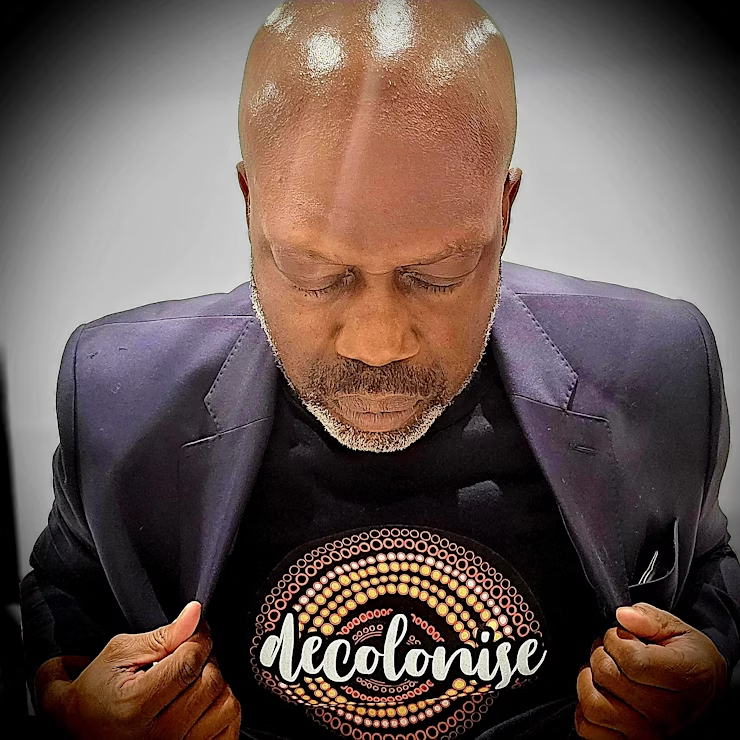
Dr Dwight Turner is Course Leader on the Humanistic Counselling and Psychotherapy Course at the University of Brighton, a PhD Supervisor at their Doctoral College, a psychotherapist and supervisor in private practice. His publications include The Psychology of Supremacy (2023), and Intersections of Privilege and Otherness in Counselling and Psychotherapy (2021), which are both published by Routledge, together with several chapters in anthologies on aspects of counselling and psychotherapy, and over 50 academic papers on everything from intersectionality in psychotherapy, to dreamwork, to Afrocentric spirituality. A leading driver in Intersectional Psychotherapy, Dr Turner is an experienced conference speaker, including numerous keynote presentations. Dr Turner has also run workshops for a wide variety of Universities, Charities, and private organisations on issues of race, difference and intersectionality in counselling and psychotherapy.
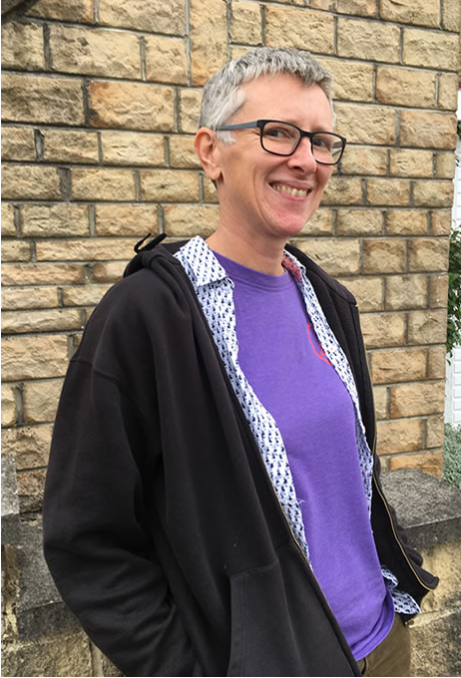
Gillian Proctor is a lecturer and research fellow at the University of Leeds and an independent clinical psychologist. She is passionate about ethics, politics and practice in person-centred psychotherapy and has written several books and numerous book chapters and articles on associated subjects.
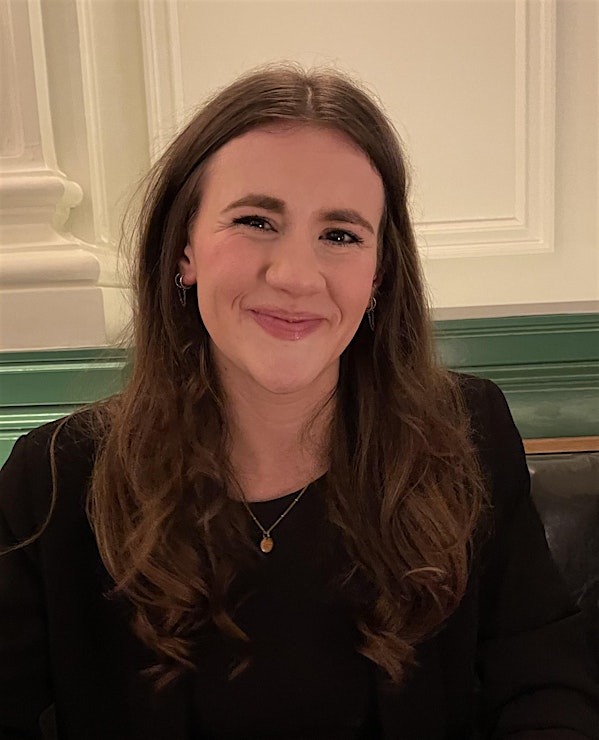
Grace McDonnell is a Commissioning Editor at Routledge where she has worked the last 5 years on counselling and psychotherapy titles for their Mental Health list. She is based out of the Routledge Philadelphia office. She has a degree in English Literature and loves being able to bring together her passions for books and mental health on a daily basis.
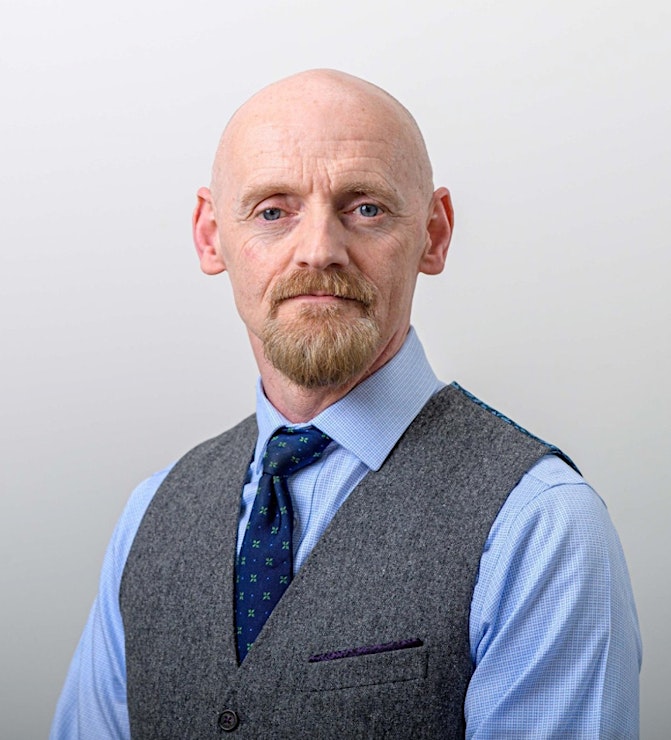
Hadyn Williams is an integrative psychotherapist who was CEO of BACP from 2015 to 2022. He has worked within many contexts in which counselling and psychotherapy have purpose, both as a practitioner and also as a manager of large and diverse services. Currently, he is an independent executive consultant and coach supporting senior managers within the corporate and not-for-proft sectors.
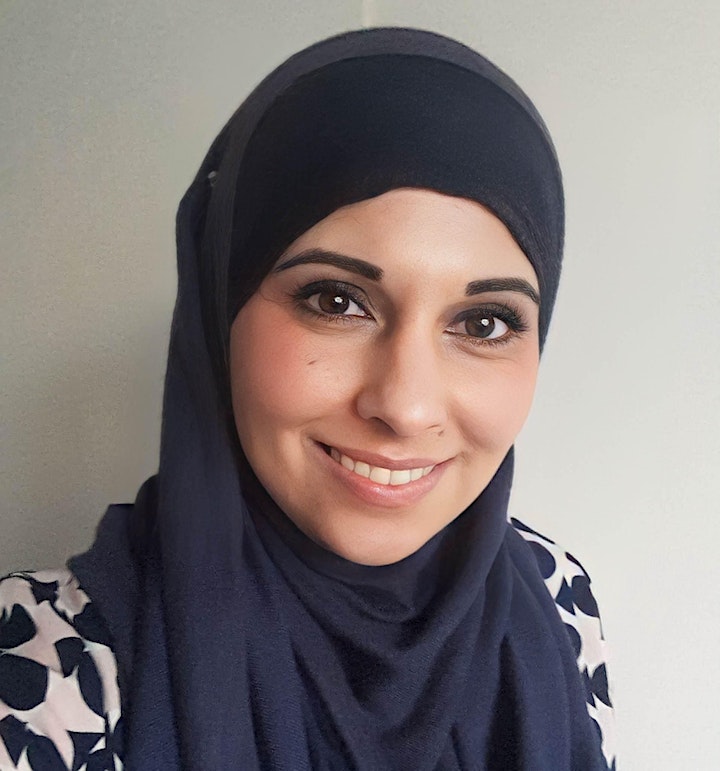
Myira is a multi-award-winning Accredited Counsellor, Supervisor, Coach and Counselling Tutor, and the Founder of the Muslim Counsellor and Psychotherapist Network (MCAPN).
Myira works in private practice, under her organisations ‘Myira Khan Counselling’ and ‘Grow to Glow’ and has over 12 years of clinical experience. Myira also delivers workshops and events internationally and is a regular speaker and facilitator at national conferences. As the Founder of the Muslim Counsellor and Psychotherapist Network (MCAPN), Myira runs the network for Muslim counsellors, therapists and psychologists, offering support, CPD opportunities and raising the visibility of Muslim practitioners. A visibly Muslim ethnically-minoritized practitioner, Myira represents a diversity within the therapeutic and coaching professions, promoting counselling and coaching to ethnically-minoritized, Muslim and under-represented marginalised communities and clients.
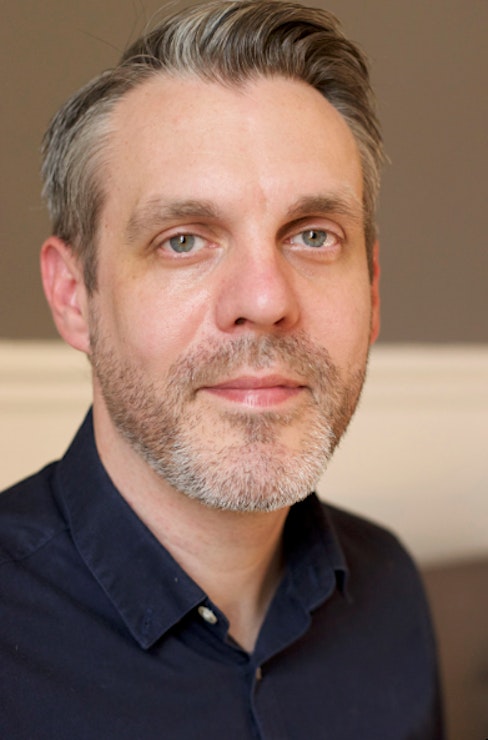
Peter Blundell is Senior Lecturer in Counselling and Psychotherapy Practice at Liverpool John Moores University. Peter is a social worker and a person-centred/experiential therapist. Peter’s research and teaching interests include boundaries in professional practice, harm in therapy, power, and anti-oppressive practice. He is often found on social media discussing all these topics.
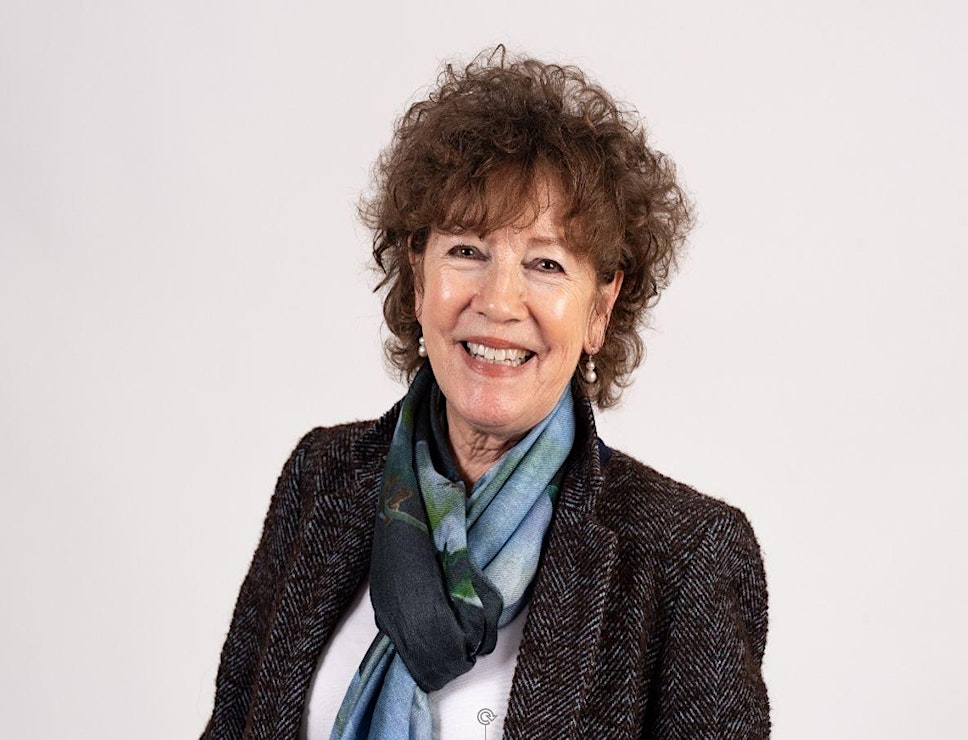
Lynne is Professor of Counselling and Mental Health at York St John University, York, UK. She is a British Association for Counselling and Psychotherapy (BACP) Accredited and Registered Counsellor and Psychotherapist, and an honorary fellow of the association. She is a trained supervisor of practitioners working within the counselling, mental health and helping professions. Originally trained as a mental health nurse, Lynne has been a key player in the counselling and mental health fields for many years, contributing at local, regional, national, and international levels. Lynne has a leadership role in mental health transformation in York, working with the health and mental health system partners to bring about co-designed and coproduced change.
Lynne’s current research areas include public mental health, domestic and relationship abuse and trauma, pluralistic approaches to ethics for the counselling professions, group interventions for bereavement and loss, review and evaluation of standardised mental health measures, and evaluation of the provision of online counselling. Lynne has published books on ethics in practice and research papers on multiple aspects of work in the counselling professions. Lynne is working with coeditor Professor Andrew Reeves on an Ethics in Action series for Routledge and is lead author for the series header book, Navigating Relational Ethics in Day-to-Day Practice (co-author Professor Andrew Reeves; book is in production and due for publication in September 2024).

